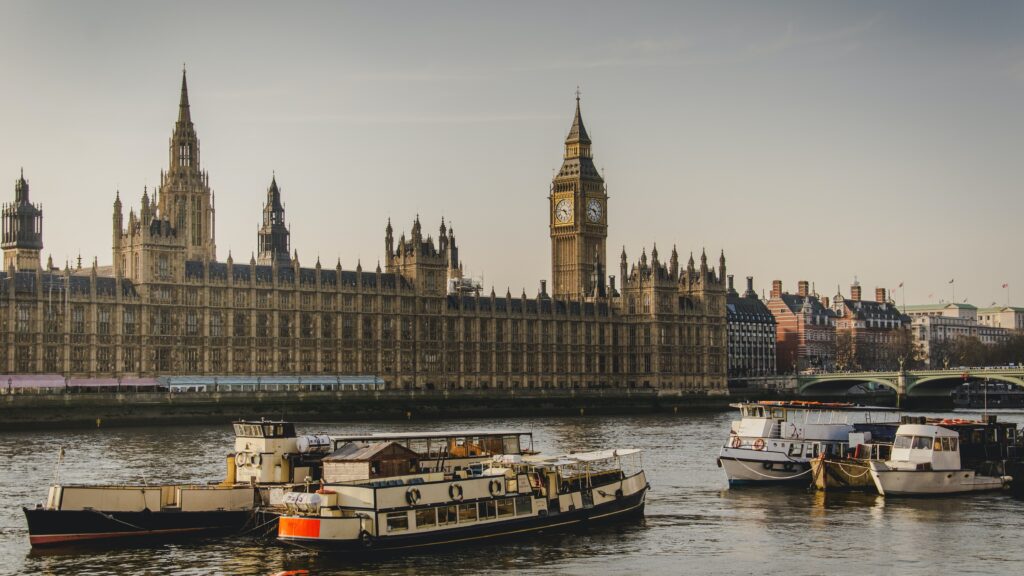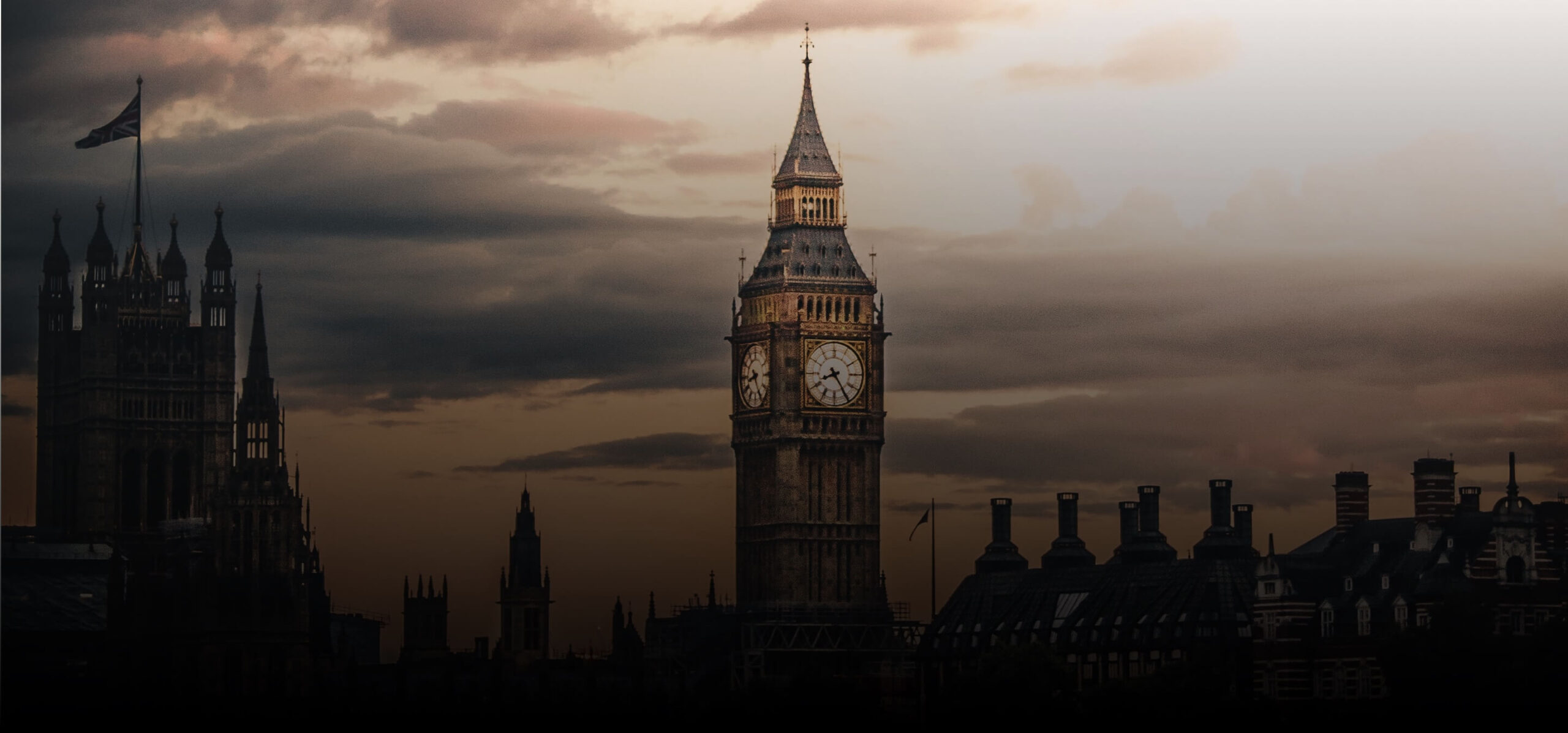
November 30th 2020 – Oral Question on Affordability of Drugs
Question 1.31pm
Asked by Lord Alton of Liverpool
To ask Her Majesty’s Government what plans they have to use the World Trade Organization’s Agreement on Trade-Related Aspects of Intellectual Property Rights to guarantee access to affordable drugs in (1) the United Kingdom, and (2) developing countries.
The Government have long supported affordable and equitable access to medicines, including in developing countries. We believe that a robust and fair intellectual property system is essential for an innovation framework. It allows economies to grow while enabling society to benefit from knowledge and ideas. The Government are therefore working within the TRIPS framework to collaborate with public and private partners, in the UK and internationally, to promote affordable access to medicines for all.
My Lords, in the context of hundreds of millions of Covid vaccines being held in the United Kingdom and the significant sums of public money invested in developing new drugs and treatments, notwithstanding the need to generate funds to enable future research and development, when companies such as Gilead repurpose drugs such as remdesivir and charge $2,340 for a Covid treatment that Liverpool University estimates can be made for $9, should the Government not invoke their powers to use Crown licences to prevent patent monopolies impeding access to medicine, to ensure equitable access, to prevent exploitative profiteering, and to recognise that affordable drugs and their fair distribution are a public good that this country should be at the forefront in providing?
Lord Grimstone of Boscobel (Con)
My Lords, I think we all agree that the world urgently needs access for all to safe, effective, quality and affordable vaccines, diagnostic medicines and other health technologies to enable an effective response to the Covid-19 pandemic. Intellectual property rights provide incentives to create and commercialise new inventions such as life-changing vaccines. In short, they keep innovators innovating, creators creating and investors investing.
Baroness Gardner of Parkes (Con) [V]
My Lords, as a former UK chairman of the charity Plan International for about 20 years, I visited many overseas centres, so I know how essential it is that developing countries have access to affordable and necessary drugs, and, even more importantly, advice on how they should be used. Too often, I found that they received the drugs, but they would remain on the shelf as they needed to be trained in how and when to use them. Will the Minister ensure that the Government take appropriate action to deal with this need?
Lord Grimstone of Boscobel (Con)
My noble friend makes an excellent point; without education, these drugs will not reach their full efficacy. We encourage active dialogue between industries and Governments to explore how best to work together and educate the citizens of countries to make the best use of these drugs.
Lord Berkeley of Knighton (CB) [V]
My Lords, there is a strong moral imperative in what my noble friend Lord Alton said. When one thinks of the effect drugs and chemicals have had in helping some of the poorest areas in the world with, for example, HIV and malaria, would the Minister not agree that it is important, with the reduction in overseas development aid, that we help these people get these drugs in the same way that we hope we will in this country?
Lord Grimstone of Boscobel (Con)
I thank the noble Lord for his point. There are existing mechanisms that facilitate the sharing of intellectual property—for example, the Medicines Patent Pool, which has been so successful with HIV. To follow up on this point, we are committed to identifying whether and how CTAP could add value to the existing infrastructure.
My Lords, I agree entirely with the noble Lords, Lord Alton and Lord Berkeley. This devastating pandemic is global in nature. Is the Minister aware that in giving evidence to the House of Lords International Relations and Defence Select Committee, the African Union’s special envoy Dr Ngozi Okonjo-Iweala had a simple message, which was
“to make sure that we have volume and quantity for everyone and that poor countries are not locked out”,
by which she meant locked out on the basis, mainly, of price? In the past, the Government have been prepared to threaten use of Crown licences legislation. Are they prepared to do that to ensure that those in the poorest countries in the world who most need these drugs have the same access as our own citizens will have?
Lord Grimstone of Boscobel (Con)
The noble Lord makes an excellent point. There are flexibilities in the Trade-Related Aspects of Intellectual Property Rights Agreement. WTO members can use these to ensure access. We actively encourage less-developed countries to look at this, because by taking advantage of these flexibilities they can bring real benefits to their citizens.
My Lords, history tells us that reliance on the good will of pharmaceutical companies is misplaced. For example, swathes of the world still lack access to HIV/AIDS medicines. Given that the development of Covid-19 vaccines is largely taxpayer-funded, will the Government back the WHO’s support for a temporary waiver to parts of the TRIPS Agreement?
Lord Grimstone of Boscobel (Con)
As I said in answer to a previous question, there are flexibilities in the existing TRIPS Agreement. As I said, I encourage countries to take advantage of these flexibilities, because what could be more important than ensuring that supplies of the Covid-19 vaccine reach their citizens?
Lord Stevenson of Balmacara (Lab) [V]
My Lords, further to my noble friend Lord Reid’s question, we welcome the Government’s policy of affordable and accessible medicines for all, but how does that policy square with the parallel export ban of over 80 medicines earlier this year to help ensure that there is an uninterrupted supply of medicines for NHS hospitals treating coronavirus patients, which would effectively prevent UK companies sending even paracetamol to Covid-19 sufferers in other countries?
Lord Grimstone of Boscobel (Con)
As the noble Lord knows, nobody is a greater supporter of free trade than my department and me, but short-term considerations occasionally arise, particularly relating to public health emergencies, when those important general principles have to be put aside for very short periods of time to ensure that the NHS has access to the drugs it needs. I am sure most noble Lords would welcome this.
Lord McColl of Dulwich (Con) [V]
My Lords, how much of the overseas aid has been reserved to help to pay for accessible drugs for developing countries?
Lord Grimstone of Boscobel (Con)
My noble friend asks a good question. I do not have those detailed figures at my fingertips; I undertake to write to him.
My Lords, for obvious reasons we have focused largely on equal access to vaccines but, given the broader significance and implications of this Oral Question on affordable drugs and the fact that Global Cancer Week took place earlier this month, are any negotiations currently taking place on access to affordable cancer treatments, especially in developing countries?
Lord Grimstone of Boscobel (Con)
The right reverend Prelate asks an excellent question. I am not aware of the details of any discussions of that sort; to ensure that I can give him a complete answer, I will write to him on that also.
The Lord Speaker (Lord Fowler)
I call the noble Baroness, Lady Clark of Kilwinning. No? I call the noble Baroness, Lady Altmann.
My Lords, how are we assisting countries to take advantage of the flexibilities in the current rules on this TRIPS issue? Can we do more to help them access these drugs affordably?
Lord Grimstone of Boscobel (Con)
Our posts on the ground well know the importance of this. We try to bring these flexibilities home to these countries through all available channels; one would hope that they would use these flexibilities, as they would be so much to their advantage.
The Lord Speaker (Lord Fowler)
My Lords, the time allowed for this Question has elapsed.
==========================================
Question on Fake Vaccines
Lord Bethell, the Department of Health and Social Care, has provided the following answer to your written parliamentary question (HL10320):
Written Question by Lord Alton of Liverpool:
To ask Her Majesty’s Government what steps they are taking to address the sale of fake COVID-19 vaccines; and what assessment they have made of the remarks by the director general of the National Crime Agency’s National Economic Crime Centre suggesting that vaccine fraud is an “emerging threat” for the UK. (HL10320)
Tabled on: 16 November 2020
Answer:
Lord Bethell:
The Medicines and Healthcare products Regulatory Agency (MHRA) is the United Kingdom’s regulator charged with the regulation of medicines for human use, which includes vaccines and medical devices.
The MHRA’s first priority is the protection of public health and any medicinal product or vaccine offered for sale which does not hold the appropriate authorisation will be investigated as a potential breach of the Human Medicines Regulations and a clear threat to health and safety of UK citizens.
Officials at the MHRA are actively assessing the nature and extent of such a threat and are working with partners in UK and elsewhere across the globe to provide an appropriate and effective response.


